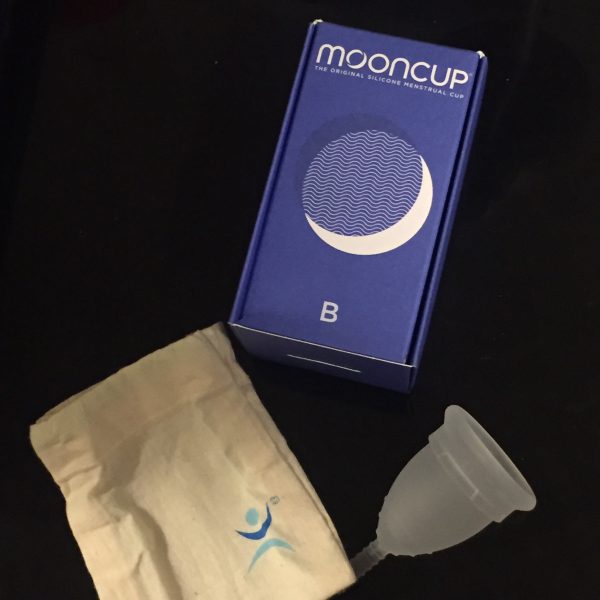Dorian is a new show from Proper Job Theatre, following on from their feminist reimagining of Medusa (part of their ‘Trilogy’) that came to the Lowry’s in 2017. I watched that with my auntie, a Politics lecturer and passionate feminist. We were impressed with the quality of the fringe-style production and excellent acting but, whilst we liked the feminist retelling, we did not feel that it added anything new to the feminist criticism of this “blame the rape on the miniskirt”-mentality that has existed since Ancient times. Rather, it applied it to a famous misogynistic myth, which successfully allowed Medusa to reclaim her story. We just felt like we had seen these feminist ideas before. Regardless, I enjoyed it enough to see their next show, Dorian.
Dorian is a modern reimagining of Oscar Wilde’s The Portrait of Dorian Gray, a radical Victorian novel concerned with male vanity. This interpretation was brilliant. It explored important themes like vanity, gym culture, masculinity, and body dysmorphia, asking: “In a society where gender is becoming fluid, how do men deal with the airbrushing, cat-fishing and online beautification?”
It is well-known that suicide is the biggest killer of men under 50, with the way in which we handle (and do not handle) mental health being a reason for that. Thus, art that is unafraid to explore something so raw deserves acknowledgement, even if it does not merit acclaim.
Dorian followed the a middle-aged man, the titular Dorian, joining an intense workout programme, which is lead by the enthusiastic Harry. This actor’s performance reminded me of the superb performance given by one of the actors in Medusa.
I had a stressful start to the show. Claudia and I arrived in the theatre at the last minute, due to a mix-up with our tickets, and just before the show started, one of my writers was having trouble getting in touch with THE BenDeLaCreme, so I, understandably, lost focus and interest. Sat in the front row, the actor playing Harry decided to pick on me (perhaps he saw me texting my writer!), though I’m glad he did – this immediately drew me in and made me pay attention to this ambitious, sociopolitical play.
I enjoyed the play’s conversation on male vanity, which is extremely prevalent but often ignored. However, after a discussion with my auntie, who was also watching the show (a different auntie; this one is a psychotherapist, and also an avid feminist!), I saw a different side to the play. She opened me up to the idea that it could be interpreted as saying something about matriarchy.
She pointed out that the male characters fell apart when they lost their mothers; it was as if their mothers had too much control, with the message being that mothers should have less influence in order to let their sons actualise and develop into men. Further, the sadistic media pressure was driven by the play’s sole female character, who was eventually subverted by the righteous man. It seemed as though the collapse of ‘taught’ masculinity was put upon the collapse of ‘good’ matriarchy, with poor, little boys left oscillating between good and bad forms of matriarchy, with the ‘bad’ form being the seduction of the narcissistic self, à la the weak Eve being seduced by the Devil and, in turn, seducing Adam into biting the apple with her.
As aforementioned, the play set out to ask: ‘In a society where gender is becoming fluid, how do men deal with the airbrushing, cat-fishing and online beautification?’ These things are thought to be ‘female things,’ but let’s get real – women’s desire to look ‘perfect’ ultimately comes down to patriarchy‘s desire for women to look ‘perfect’ – men being drawn into this toxic mentality (that they created for women) cannot be blamed on women.
Indeed, patriarchy disadvantages men as well as women, e.g. stripping us of our emotions, but this play didn’t really discuss that. Rather, in this play, it seemed that the male characters had to break free from vain matriarchy.
Now, I doubt Proper Job Theatre, which I would call a feminist theatre-company, set out to present a criticism of matriarchy. Perhaps what they wanted to show was, once again, men not taking responsibility in/for the world they create, and, in the end, women (and matriarchy) taking the blame for men’s self-caused defeat. I would have just appreciated a clearer acknowledgement of the toxicity of patriarchy and how it’s not just harmful to women, but also the gender that ‘benefits’ from it: men. However, perhaps the ambiguity was purposeful: to make us think, to question, to discuss – and that’s exactly what we did.
Dorian was a good production. The set was simple but used well, it incorporated innovative use of technology (e.g. projecting Instagram Live Videos onto the screen), the acting was great, the ending was abrupt but impactful, and the play tackled an interesting topic. It even made me, a social media addict, feel a little guilty and shallow for being so devoted to social media.
Once again, I left a Proper Job Theatre production with mixed-feelings, but I definitely intend to see their next show.
























